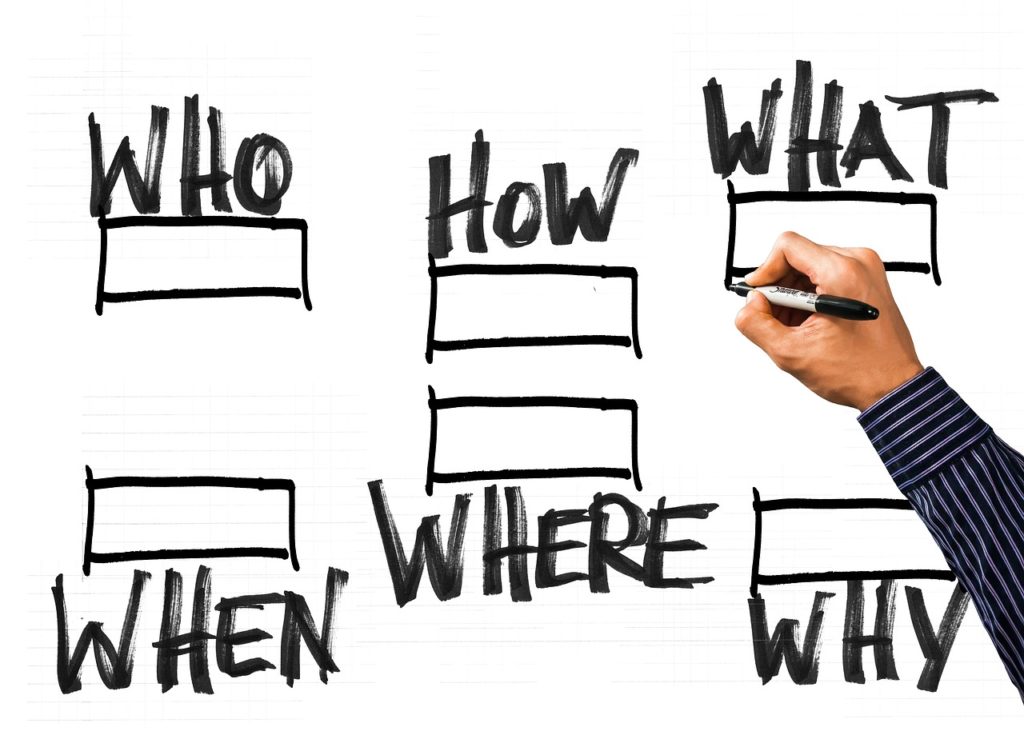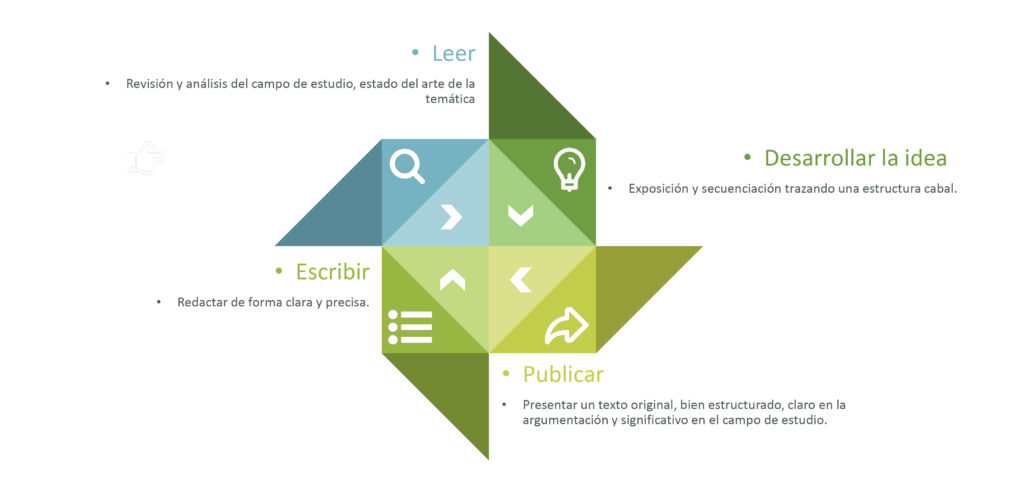Author: Amor Pérez-Rodríguez – Translation: Erika-Lucia Gonzalez-Carrion
Most of the entries in this School of Authors are intended to provide clues and ideas about how to write an article. And many of these agree on the importance of reading. That, no doubt, is the first task. Although first we must have an idea or a research topic or work that, once developed, will allow us to contribute something significant to the scientific community. A complete review of literature is one of the keys to developing a good scientific text. Analyzing the knowledge accumulated in the field of study implies getting hold of the state of the art of the subject in question. This makes it easier to delimit the idea or the focus of the work. In this, again, it is definitive to be good readers in order to keep in mind the most important journals of the discipline, the parameters and characteristics of research in that field, the references, currents, approaches, and history. In this way, we can focus on the issue that concerns us, rejecting that which does not agree with what may be significant or current, or that does not contribute because it has already been exposed in excess. Reading is, in this way, one of the bases to start writing, from an idea that, in principle, can be anyone. Interesting, motivating, original ideas are the starting point to begin.

As another pillar of the article, it is worth focusing on the structure of the article, which will depend on what the research and the journal selected for publication have given. The idea that has given rise to the work must be exposed and sequenced by tracing the main perspective. From this perspective, it is necessary to formulate in a complete way the questions, objectives and/or hypotheses of the research. Subsequently, the methodology, results and conclusions will form the body of the text of our scientific publication.
And finally, the fact of writing it is not a minor task since, as it is an expository-argumentative text, it is necessary to adapt the exposition of the information in order to achieve coherence, cohesion and suitability. The contents must be written clearly and precisely. The delimitation of the paragraphs, their connections, the size of these, the conciseness of the sentences, the vocabulary, the punctuation and spelling, and, in short, the academic style are fundamental for good scientific writing.
As authors, the best advice to start writing a text, susceptible to be published, remains the diversified, varied, continuous and quality reading in the field of study and related fields. The more and better one reads, the greater one’s ability to express oneself and to argue.
Finally, writing as an author also implies being original and creative. Basing oneself on the different states of the question does not imply «copying» what others have said by making up. Plagiarism impoverishes and clouds the quality of research.

